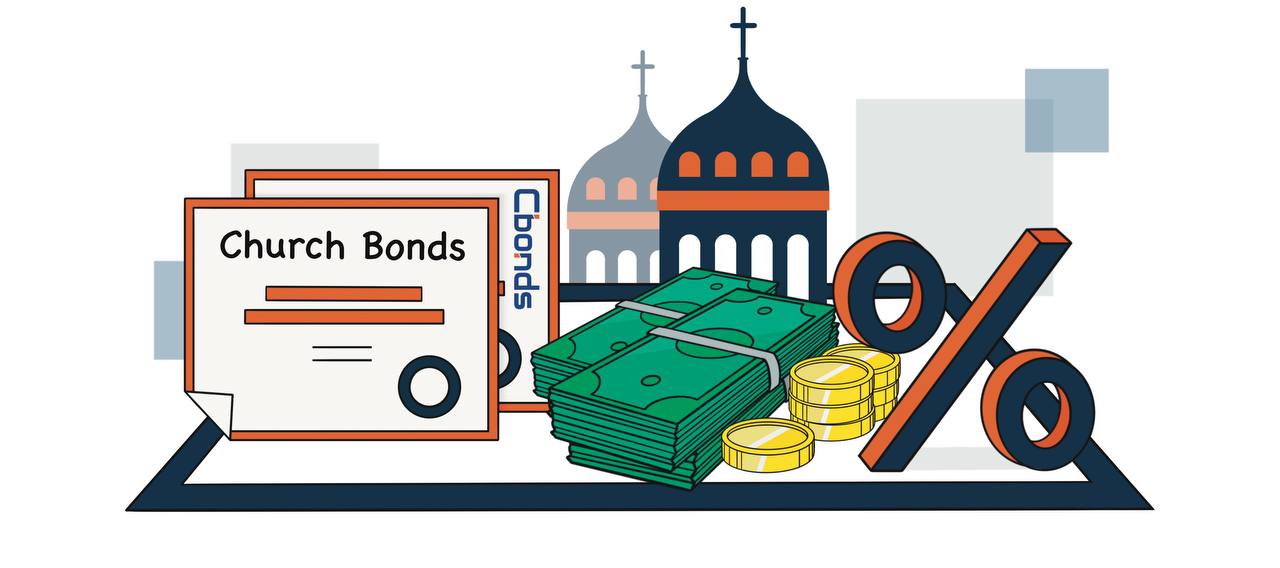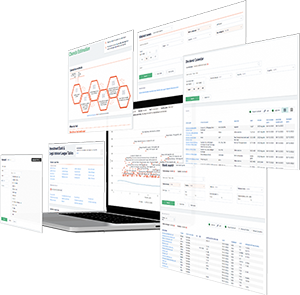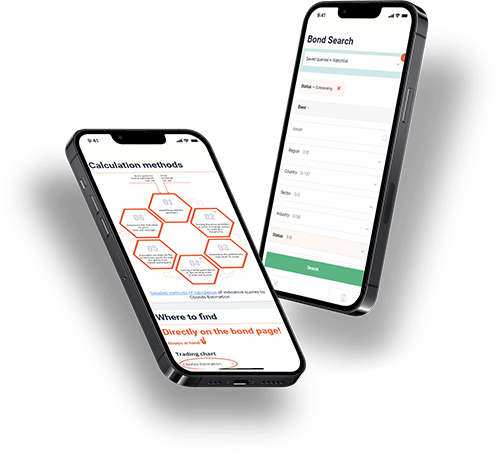By
Konstantin Vasilev Member of the Board of Directors of Cbonds, Ph.D. in Economics
Updated December 16, 2023
What is a Church Bond?
A church bond, often referred to as a certificate of indebtedness (I.O.U) or note, serves as tangible evidence of a debt arrangement. In this financial transaction, the church assumes the role of the borrower, while the bond purchaser becomes the lender. Those who invest in church bonds effectively lend money to the church for a defined period, typically specified by the terms of the bond, and at a predetermined interest rate. This lending mechanism establishes a financial connection between the church and the investors who contribute to church bond programs.
Church Bonds Explained
Church bonds represent a specific type of bonds where the church functions as the borrower of funds, and church property serves as collateral for the loan.
These bonds, akin to other securities, fall under the regulation of government security agencies. These agencies play a crucial role in ensuring that church bonds comply with established rules and standards designed to safeguard the interests of investors. When churches decide to issue such bonds, they commit to entering into liability and accidental loss insurance contracts for the church facility throughout the entire duration of the bonded loan.
Additionally, for the issuance of church bonds, the church issuer must furnish the issuing bank with evidence of available income to fulfill debt obligations. Furthermore, it is imperative to determine the value of the property pledged as collateral in the bond offering. This meticulous process ensures transparency and financial viability in church bond financing.

Types of Church Bonds
-
Simple-interest bonds. Simple-interest bonds follow a periodic interest payment structure. Investors in these bonds can anticipate receiving interest checks at regular intervals, such as every six months or annually. This consistent interest disbursement provides investors with a steady income stream, enhancing the appeal of church bond offerings.
-
Compound-interest bonds. In contrast, compound-interest bonds operate with a different mechanism. With these bonds, interest accumulates over time and is not periodically distributed to investors. Instead, the accrued interest paid, along with the principal amount, to the investor when the bond matures. This structure adds a layer of financial sophistication, as investors experience a compounded growth in their returns, contributing to the attractiveness of church bonds for those seeking a long-term investment strategy.
Risks Associated with Church Bonds
-
Lack of Liquidity. Church bonds are primarily illiquid, meaning they don’t trade frequently. This lack of liquidity implies that it might be challenging to sell bonds when needed, and there’s no guarantee of recovering the entire investment.
-
Loss of Church Tax-Exempt Status. There are a risk factors that a church could lose its tax-exempt status, potentially affecting church members’ contributions due to the loss of a charitable deduction. This, in turn, could reduce debt service coverage.
-
Departure of a Popular Pastor. The departure of a popular pastor can influence church membership and, consequently, collections. This risk highlights the potential impact of leadership changes on the financial stability of the church.
-
Redemption Risk. Church bonds, known for their high yields, may be subject to redemption on short notice, especially during declining interest rates. The risk lies in the possibility of losing the attractive yield if a church decides to redeem the bonds early.
-
Default Risk. While historical default rates on church bonds have been low, some defaults have occurred. Stifel, in underwriting church bonds, aims for a conservative approach to minimize the likelihood of default. Defaults may involve failure to make sinking fund payments in a timely manner.
-
Bankruptcy Risk. Church bankruptcy poses a risk, and even though bonds are secured by a mortgage on the church, the bondholders’ ability to foreclose might be impacted by the bankruptcy proceeding. The proceeds from the sale of church property may not fully cover the outstanding bonds, particularly in cases of new construction or incomplete facilities.
Qualifications
-
Financials. The church must provide detailed financial information, including income and expense reports. This disclosure is essential to verify the availability of income for handling debt service. It is advisable for the church to engage an accountant, often a certified public accountant (CPA), to compile income/expense statements and balance sheets spanning up to three years. This financial scrutiny ensures a comprehensive understanding of the church’s fiscal stability.
-
Unrestricted Income. In the context of bond financing, a church can usually qualify to borrow up to three times its unrestricted income. Unrestricted income refers to funds not earmarked for a specific purpose, such as missions offerings or birthday gifts. This metric provides a basis for determining the church’s borrowing capacity within the bond program.
-
Property Valuation. The church is required to determine the value of the property pledged as collateral for the bonds. Companies facilitating church bonds often mandate that the church obtains an appraisal from either a MAI (Member of the Appraisal Institute) or state-certified appraiser. Accurate property valuation is crucial for assessing the security offered to bondholders.
-
Legal Review. To ensure legal compliance, the church will likely need an attorney to review its Articles of Incorporation, Constitution, by-laws, and other pertinent legal documents. This thorough legal examination ensures that all documents are in proper order and align with regulatory requirements.
How the Bond Issue Is Prepared
-
Needs Assessment. An investment banker initiates the process by meeting with the church’s leadership team. This discussion aims to assess the specific needs of the church. The congregation is also polled to gauge members’ interest in supporting a bond issue. During this phase, considerations include determining the optimal combination of bonds—whether long term or short term maturity, simple interest, or compound interest bonds. Additionally, the percentage of the issue to be internally sold or brokered on the open market is explored. Importantly, this comprehensive evaluation is conducted without imposing any obligation or cost on the church.
-
Decision-Making. Subsequent to the needs assessment, the church, in collaboration with the investment banker, makes informed decisions based on the parameters established to meet the church’s needs and align with its interests. This crucial step ensures that the bond issue is tailored to the specific requirements and preferences of the church.
-
Issue Preparation. With the decisions made, the investment banker proceeds to prepare the bond issue. This involves structuring the offering according to the determined parameters. The preparation encompasses various elements, including choosing the maturity terms, interest types, and the allocation of the issue for internal sale or open market brokerage.
Bond Screener
Watchlist
Excel Add-in
API





















